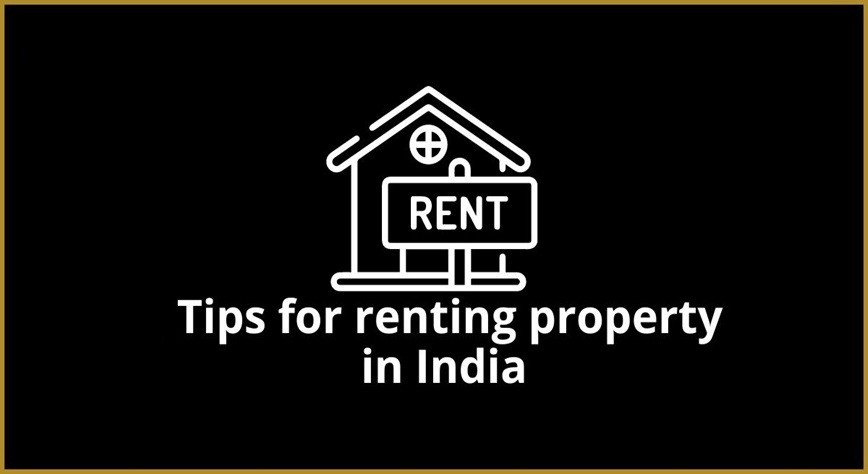Renting Rules for Landlords
1. Treat Your Rental Property as a Business
Even if renting isn’t your main job, it’s a business and an important income source. Familiarize yourself with rental laws, rules, and best practices to protect yourself from liabilities and legal claims.
2. List Your Property Online
In today’s digital world, especially pos...
Renting Rules for Landlords
1. Treat Your Rental Property as a Business
Even if renting isn’t your main job, it’s a business and an important income source. Familiarize yourself with rental laws, rules, and best practices to protect yourself from liabilities and legal claims.
2. List Your Property Online
In today’s digital world, especially post-pandemic, tenants search online first. Create listings on popular rental portals, highlight your property’s best features, and include clear, high-quality photos to attract the right tenants.
3. Consider Hiring a Property Manager
If you want a hassle-free process, hire a property manager or renting consultant. They can handle tenant issues, agreements, and maintenance, saving you time and reducing stress.
4. Keep Your Property Safe
Ensure the property is free of hazards — check gas pipelines, electrical systems, and smoke alarms. Double-check everything before handing over the keys to provide a safe home and reduce your liability.
5. Set a Fair Market Rent
Price your rental based on current market rates. Overpricing can leave your unit vacant, while a fair price attracts responsible tenants and reduces the risk of payment issues.
6. Screen Tenants Carefully
Look for tenants with stable employment, a good rental history, and no criminal background. Proper screening helps ensure your property is well cared for and rent is paid on time.
7. Check Credit Background
A credit check helps assess whether a potential tenant is financially responsible. This step can save you from rent collection problems down the line.
8. Have a Written Rental Agreement
A clear, signed rental agreement protects both parties and helps prevent legal disputes. Never rely on verbal agreements — document all terms in writing.
9. Maintain Digital Records
Keep organized digital records of deposits, rent payments, maintenance work, and all communication with tenants. This ensures everything is documented and easily accessible if needed.
10. Respect Tenant Privacy
Once the property is rented, you cannot enter without the tenant’s permission. Always notify tenants before inspections or visits and schedule them at a mutually convenient time.
Renting Rules for Tenants
1. Know Your Rights
Understand your right to peaceful enjoyment of the property and protection from unfair eviction or demands. Ensure all terms — including security deposit conditions — are clearly outlined in your lease agreement.
2. Research the Market Online
Explore online listings to compare available properties and understand current rental rates before signing a lease.
3. Inspect the Property Before Moving In
Do a detailed walkthrough and take photos before moving in. This documents the property’s condition and helps protect your security deposit when you move out.
4. Request Permission for Improvements
Never make changes or improvements without written landlord approval. Even well-intentioned upgrades could cost you your deposit if they weren’t authorized.
5. Report Repairs Promptly
Notify your landlord if repairs are needed. Most repairs are the landlord’s responsibility, and they will usually want to address issues quickly to avoid further damage.
